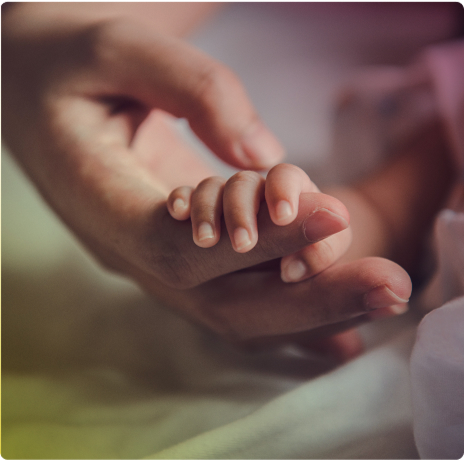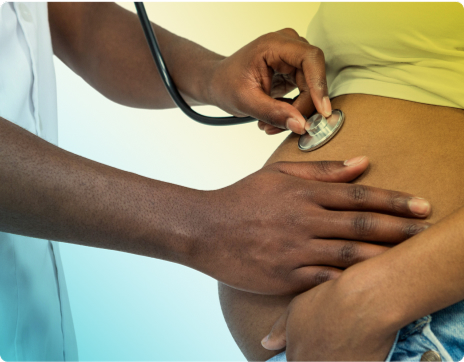
The Pediatric HIV/AIDS Cohort Study
Looking for DASH public use datasets?
You can find the extensive public use datasets for the PHACS Network and HOPE study on the NICHD Data and Specimen Hub (DASH).
Main Studies
5
Years Active
19
Participants
10,577

Study Overview
The Pediatric HIV/AIDS Cohort Study (PHACS) network was established in 2005 to conduct multiple longitudinal cohort studies investigating the long-term effects of HIV and antiretroviral (ARV) medications in children and young adults who were born with HIV or born exposed to HIV.
These studies followed newborns, young children, adolescents, and young adults to address two critical pediatric HIV research areas:
- The effects of perinatally acquired HIV infection in adolescents and young adults
- The long-term safety of fetal and infant exposure to antiretroviral (ART) medications used to prevent perinatal HIV transmission and for maternal health
The PHACS network also studies women with HIV during pregnancy, postpartum, and beyond to address critical reproductive and mental health issues among women living with HIV.

Advanced Treatments
The advances in treatment to prevent mother-to-child transmission of HIV have been groundbreaking. As a result, the number of new perinatally infected children in the U.S. is now small. There have been remarkable improvements in the treatment of infants, children and adolescents who were infected with HIV at birth, so that with ongoing treatment, they now have a good chance of achieving a normal life expectancy.
Represented Cohorts
Our PHACS SMARTT study included over 3800 mothers living with HIV and over 5000 of their uninfected children followed between birth and adolescence. The AMP Up Series enrolled and followed adolescents and young adults who were either born with HIV or born to mothers with HIV, but not infected. In the US, it is estimated that there are approximately 10,000 adolescents and young adults living with perinatally-acquired HIV, and our PHACS AMP Up studies included over 1000 of these young adults with perinatal HIV. Our PHACS-affiliated studies, HOPE and LiVes LLC, also follow women living with HIV across the reproductive lifespan.


Study Vision
The PHACS studies investigated the long-term safety of ART medications used in pregnancy on child health, as well as the impact of HIV infection and its treatment on the long-term health outcomes of adolescents and young adults born with HIV. The research conducted by PHACS aimed to improve the quality of life and health care for adolescents and young adults affected by HIV, as well as providing reassuring confirmation of the benefits of providing ART to pregnant women.